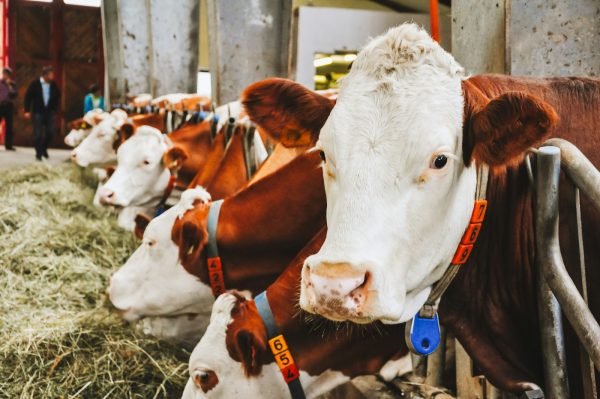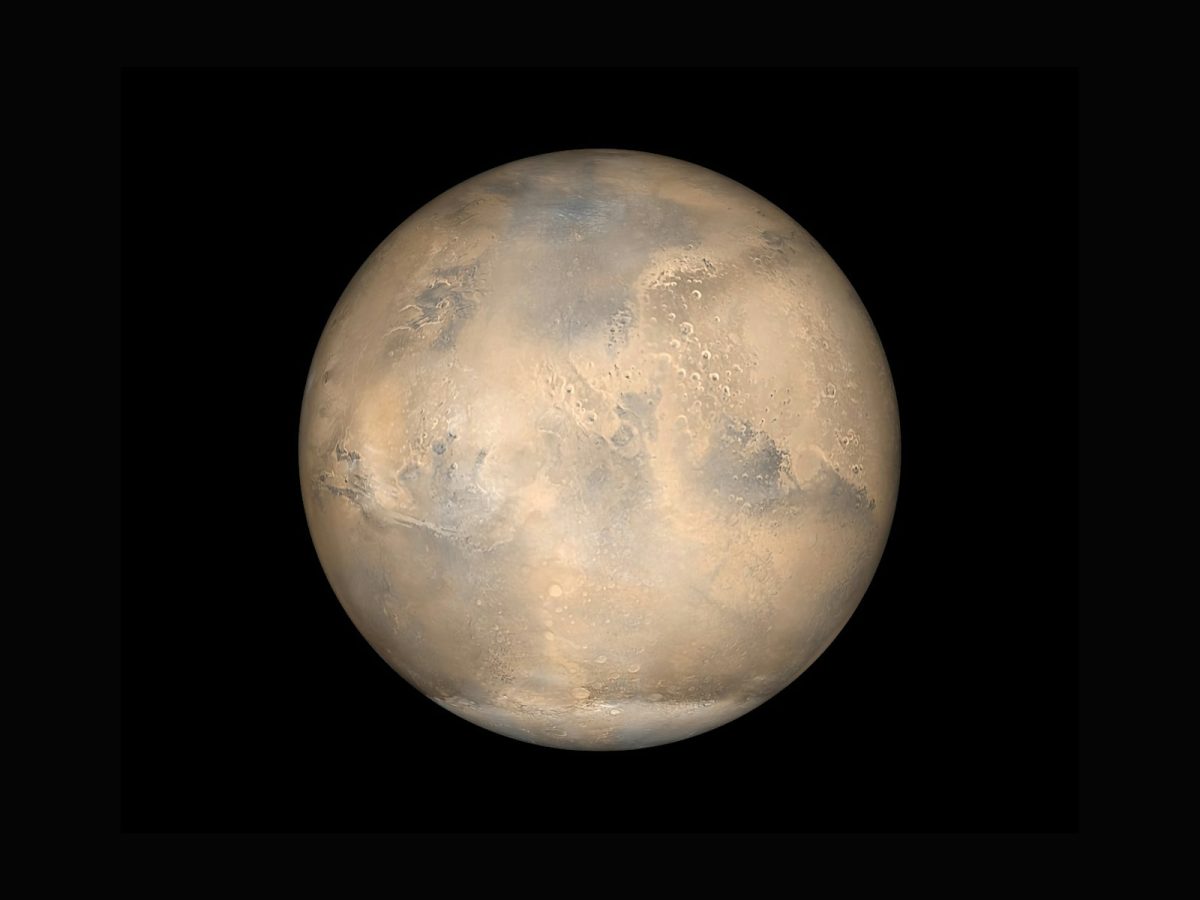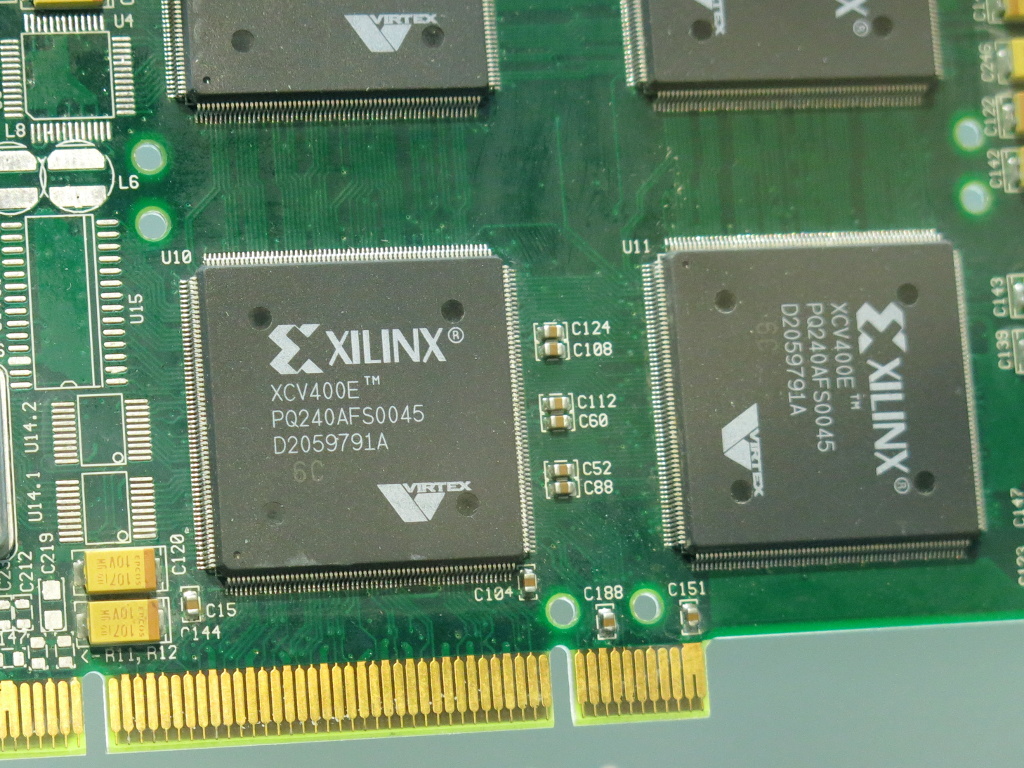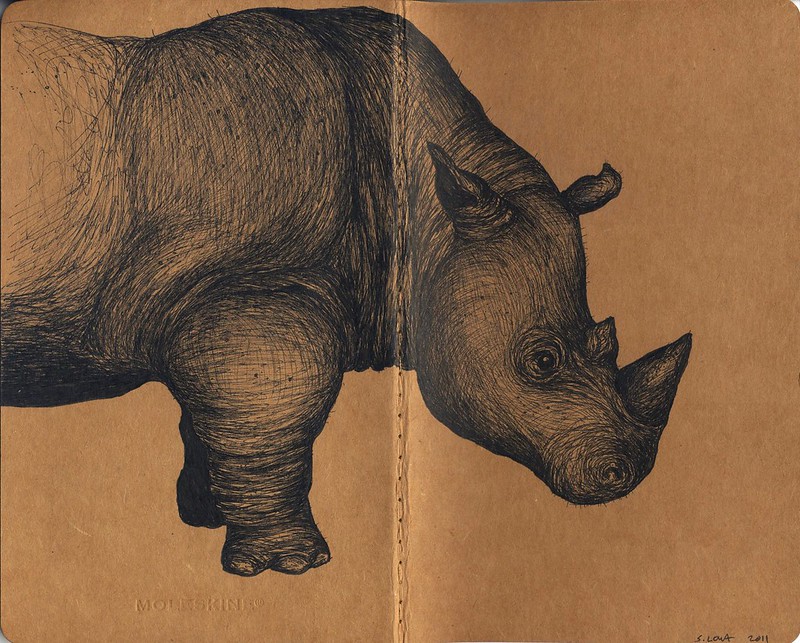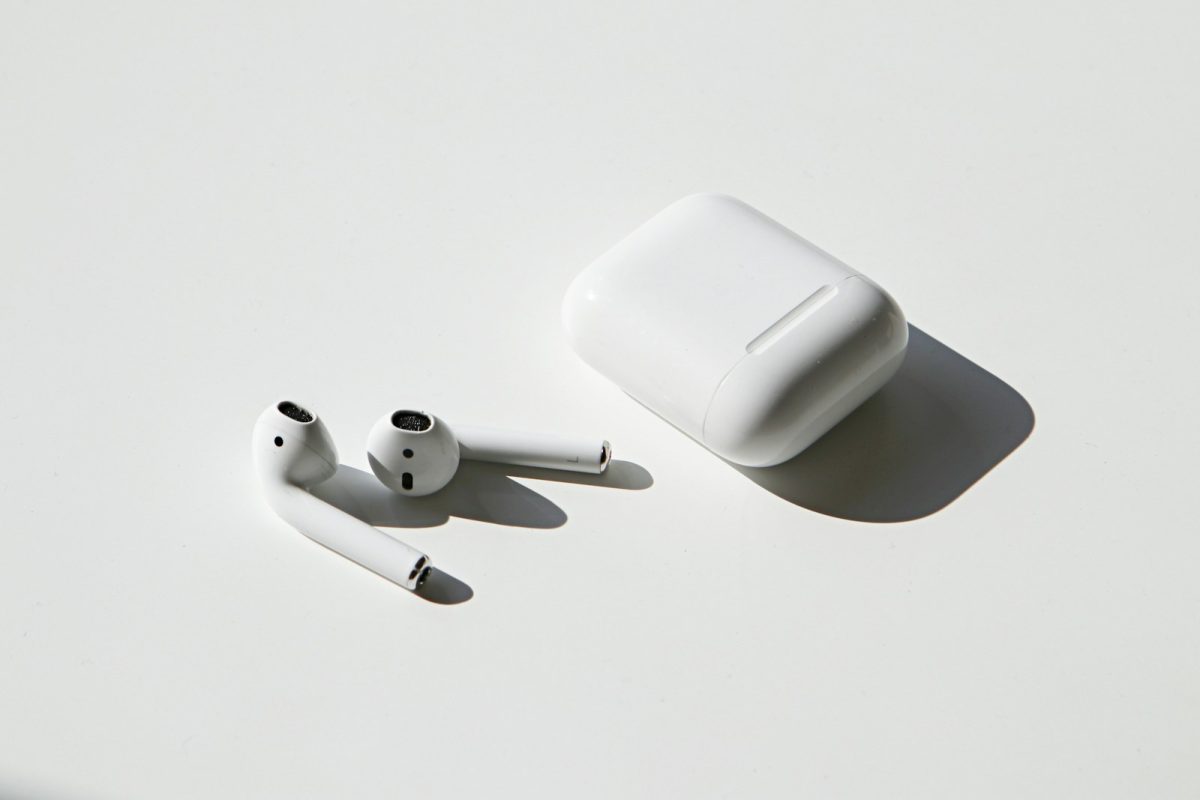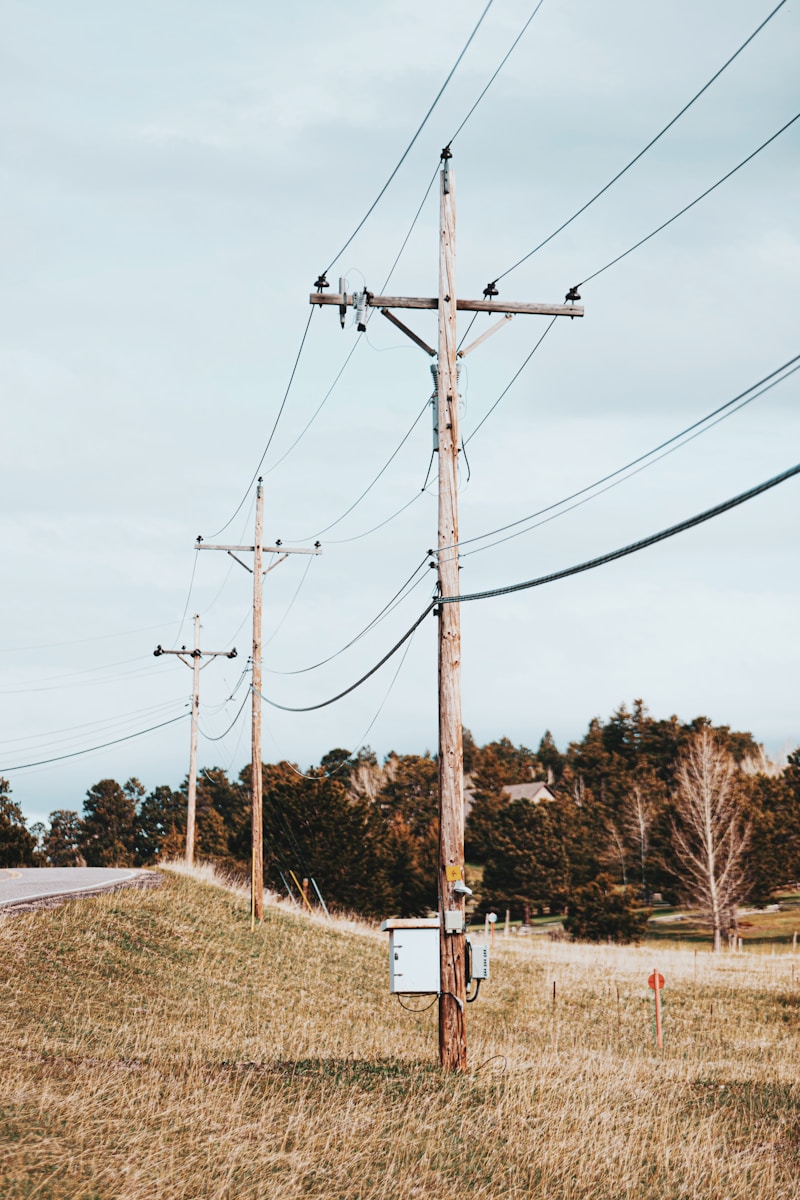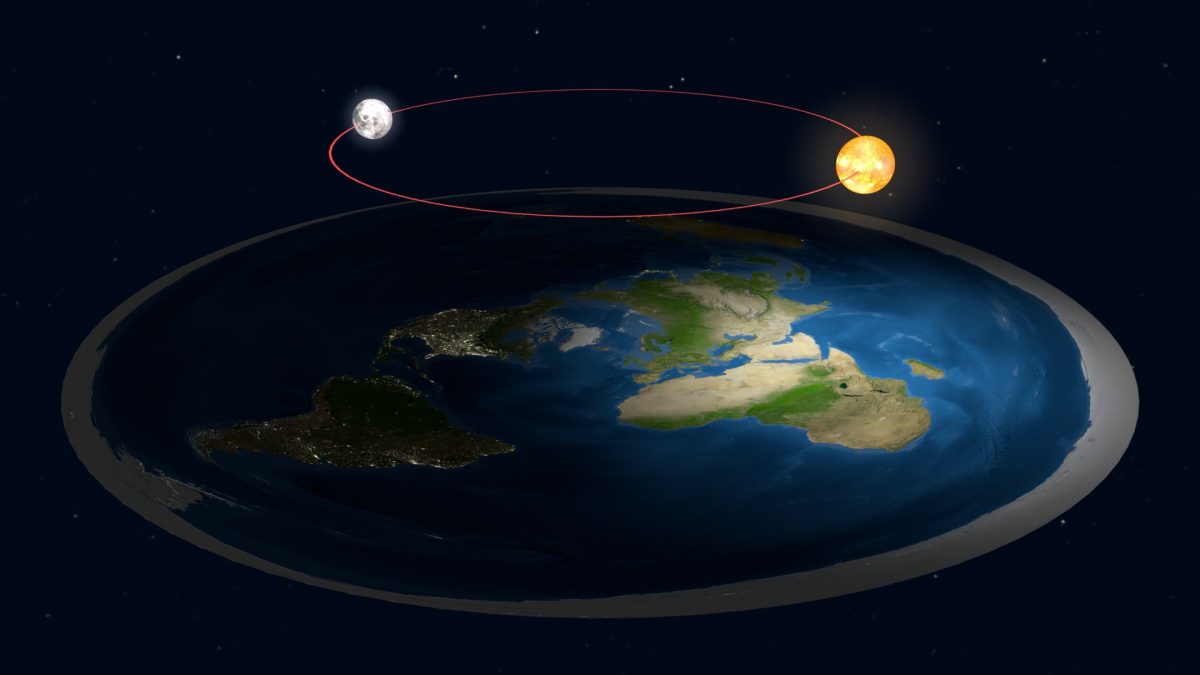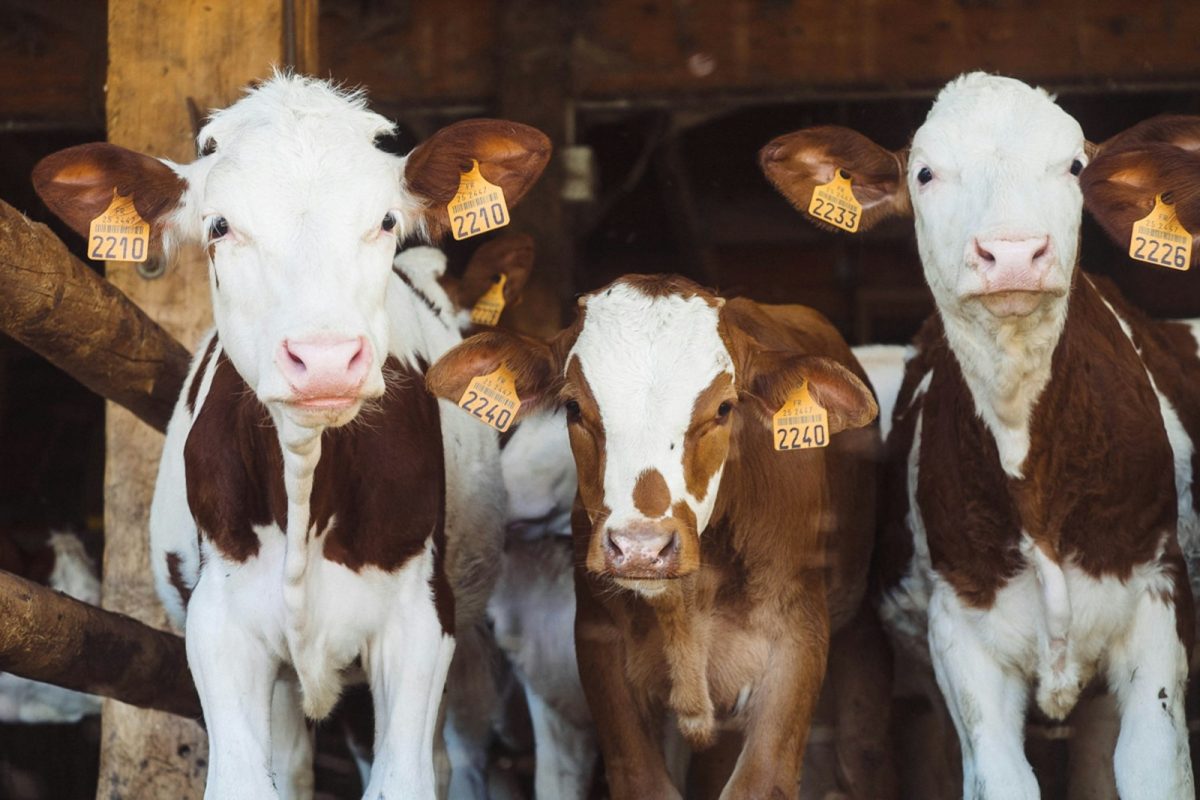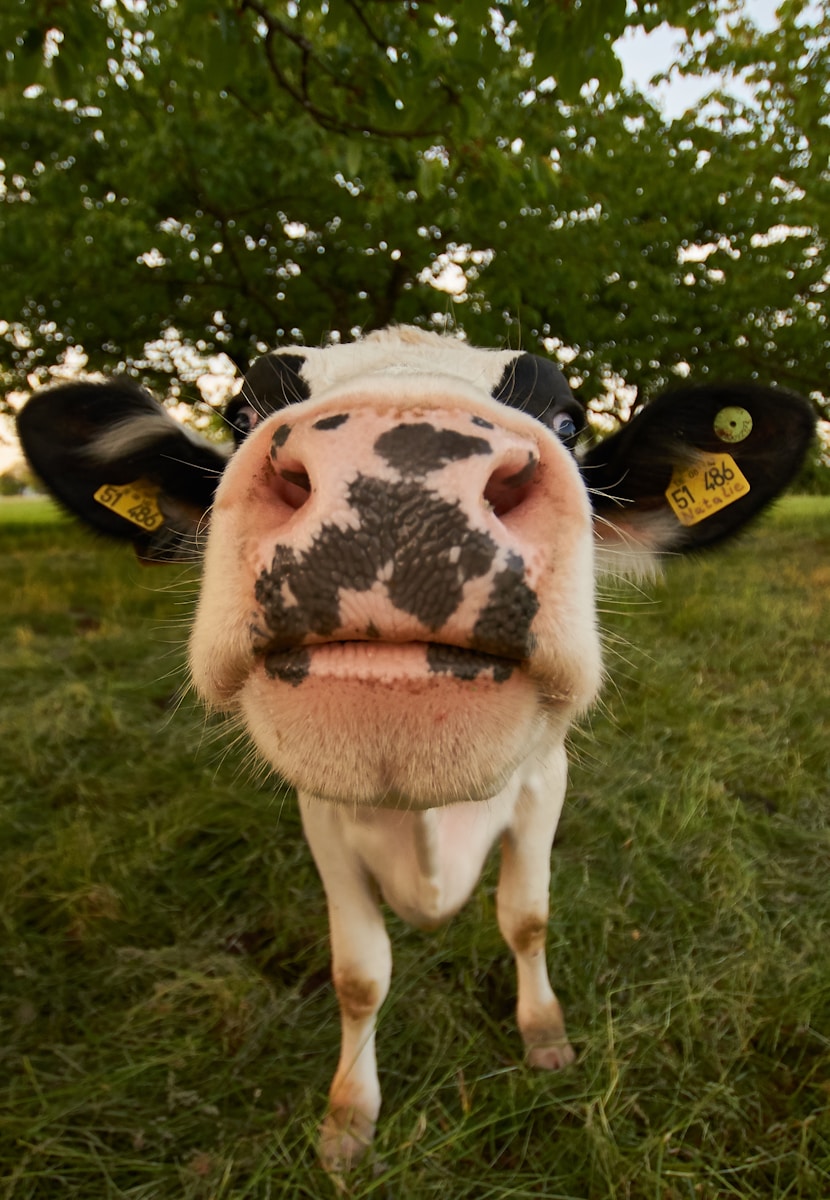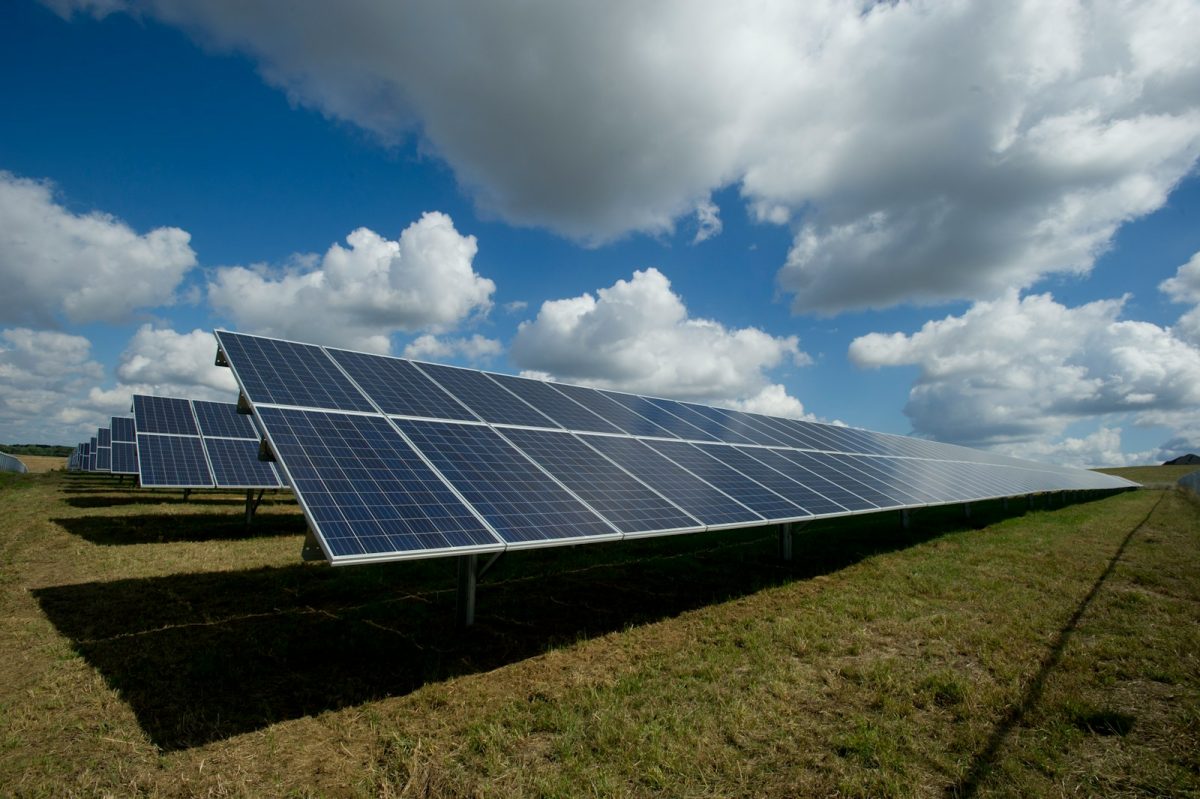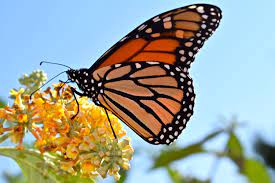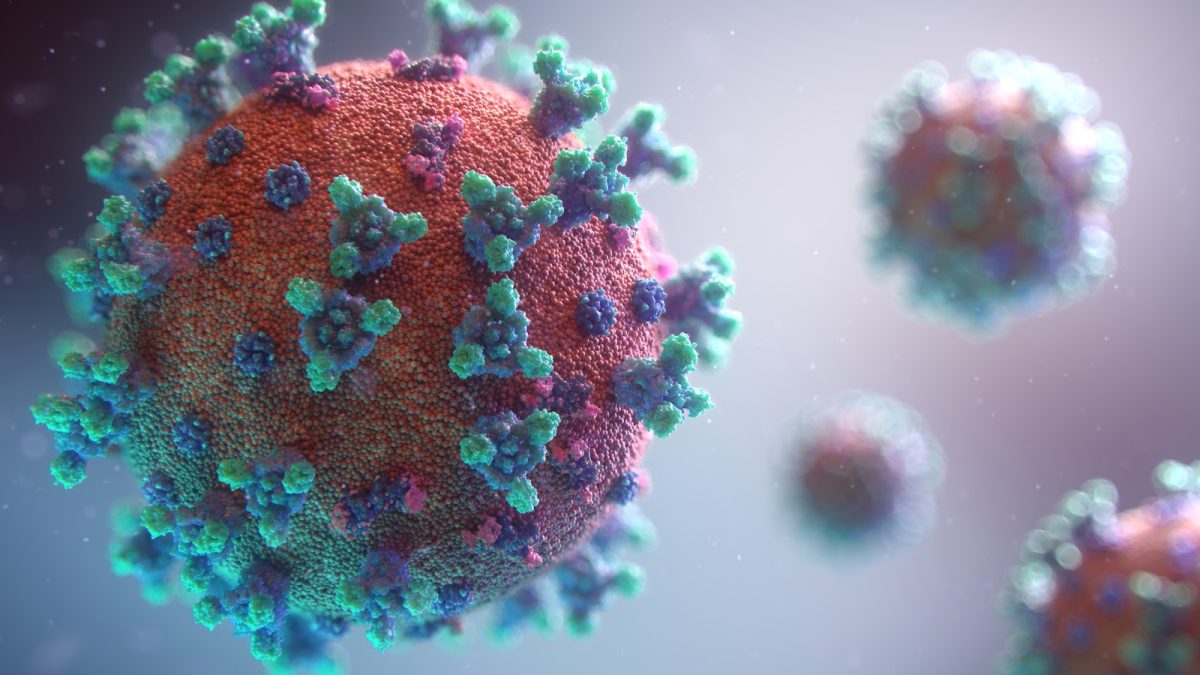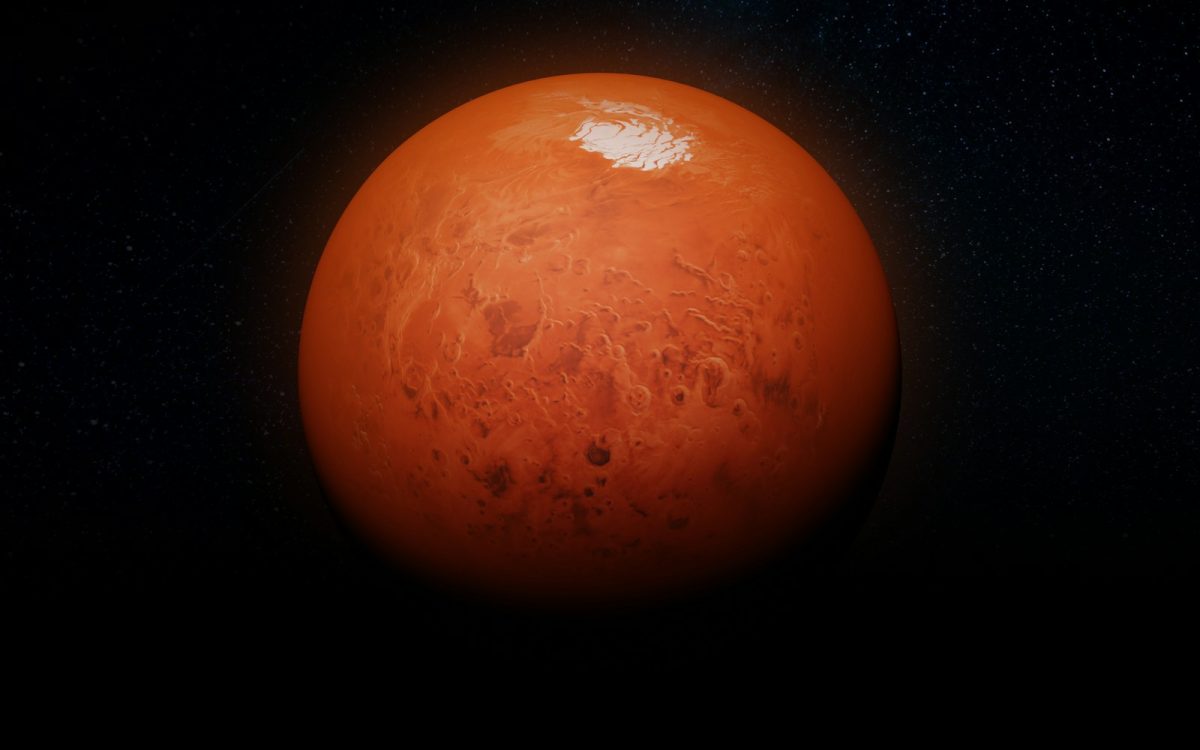Did you know that cows can cause global warming? They produce a gas called methane, which is even worse than carbon dioxide. One way cows let out methane is through burping. But scientists have found a new solution to help reduce this problem: feeding cows seaweed.
Seaweed has a special thing called “Asparagopsis taxiformis” that can reduce the amount of methane cows make. When cows eat seaweed, this changes how their body works and they make less methane. This is good for the planet because it means less bad air is released.
According to the United Nations, the livestock sector is one of the largest contributors to greenhouse gas emissions, accounting for about 14.5% of the world’s total emissions. Methane, which is produced during the digestive process of cows, is a particularly potent greenhouse gas, trapping heat in the atmosphere and contributing significantly to global warming.
Scientists did tests to see how seaweed affects cows. They fed cows a little bit of seaweed and saw that they made less methane than those who didn’t eat any. This is a big discovery for researchers and farmers. Reducing methane from cows can help stop global warming. Methane is a gas that traps heat in the air, which makes the Earth hotter.
By finding ways to make cows make less methane, we can help fight climate change. Feeding cows seaweed is a good solution because it’s natural and doesn’t need any extra work or resources. It’s also safe for cows to eat and helps them stay healthy. This is good for farmers and the environment.
Seaweed also has other good things for cows. It can help them digest food better and make more milk. This is good for the environment and farmers too. Feeding cows seaweed is a good way to fight climate change. By making small changes, we can make a big difference in helping the planet stay healthy.
However, there are still some challenges to be addressed before this solution can be widely adopted. For example, seaweed is not readily available in all parts of the world, and its production and transportation can be expensive. Additionally, more research is needed to understand the long-term effects of feeding cows seaweed. Nonetheless, this discovery is an important step toward finding sustainable solutions to the challenges of climate change.
It shows that small changes in our everyday practices can have a big impact on the environment. By working together, we can create a better, healthier world for ourselves and for the generations to come.
Related Articles:
https://time.com/6119791/seaweed-cows-methane-emissions/
https://insideclimatenews.org/news/14062022/cow-seaweed-methane/
Take action:
https://www.un.org/en/actnow/ten-actions
